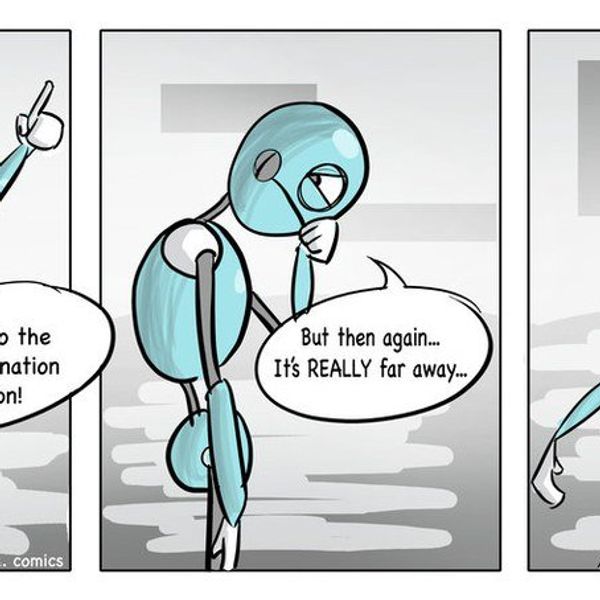“Oh wow, you look exhausted.”
“Yep, it was a really busy week.”
“Well, you should get some sleep if you get the chance. You look like you need it.”
Really? It’s funny you point that out. I didn’t even notice the dark bags under my eyes until you said that. It didn’t occur to me until now that the reason I’m having a difficult time keeping my eyes open during homework isn’t because of the boring subject material, but because of the four hours of sleep, I got last night.
If these are the immediate thoughts that surface upon pointing out my seemingly desperate need for sleep, then why do I feel like a shameful ping for not being caffeinated, alert, and perfectly presentable at all times?
In my day-to-day life at college, I have a strict agenda where brimming demands are never questioned (by me or anyone else). Every day is as follows: Go to class. Do your homework. Get coffee with a friend. Finish the extra credit assignment. Go to the gym. Go to work. Eat three meals a day. Get eight hours of sleep each night. Look decent. Have a social life. And always be sure to have a smile on your face!
Despite my own knowledge that the reasons I have bags under my eyes isn’t because I was up late taking endless Buzzfeed quizzes or binge watching Game of Thrones, I can’t help but feel a little ashamed when someone tells me to get some sleep because I “look like I need it.” Throughout high school and college, I’ve always felt that the environments around me have placed an unbalanced amount of prioritization into extra-curriculars and a well-rounded appearance, and not enough on self-care. I know that in order to function at a maximum, healthy capacity, I need 8 hours of sleep. But, that knowledge isn’t enough to override the long nights spent completing homework instead of getting the appropriate rest.
There’s a huge gap between people’s willingness to point out others’ tiredness, and how willing people are to prioritize their own fatigue. Placing such a high emphasis on remaining as involved with school as possible means to imply that sleep is secondary.
From my peers, I’ve noticed that there’s pride in a culture of all-nighters, excessive trips to Dunkin Donuts, and unnecessary amounts of Red Bull. But: why should we be proud of promoting a lifestyle with unhealthy amounts of commitment (no matter how positive the intention is behind that commitment)? Constant reinforcement that “you can sleep when you’re dead” and “the early bird gets the worm” translates to deprioritizing yourself and praising a lifestyle that doesn’t leave any room to catch your breath.
Since I was little, I’ve heard adults that say “there isn’t enough time in the day.” To a kid, you agree. At that age, there isn’t enough time to play all the games you want to play or watch all the movies you want to watch. But, as you get older, you realize that it’s true: there really isn’t enough time in the day. There’s not enough time to get the perfect grades, to be in perfect shape, to live the perfect lifestyle, all while presenting the perfect attitude.
But no matter how unfortunate the truth is behind that saying, there’s no changing it.
The next time someone comes up to you and says, “Jeez, rough day?” or “Wow, you look exhausted,” don’t write it off as a guilt trip for not having yourself together in the perfectly presentable package.
Instead, take the hint. Remind yourself that yes, there is not enough time in the day. But no, there’s nothing you can do about it. Put down the pen and paper, cancel a casual lunch plan, say no to a night out, and never feel guilty for prioritizing.




















